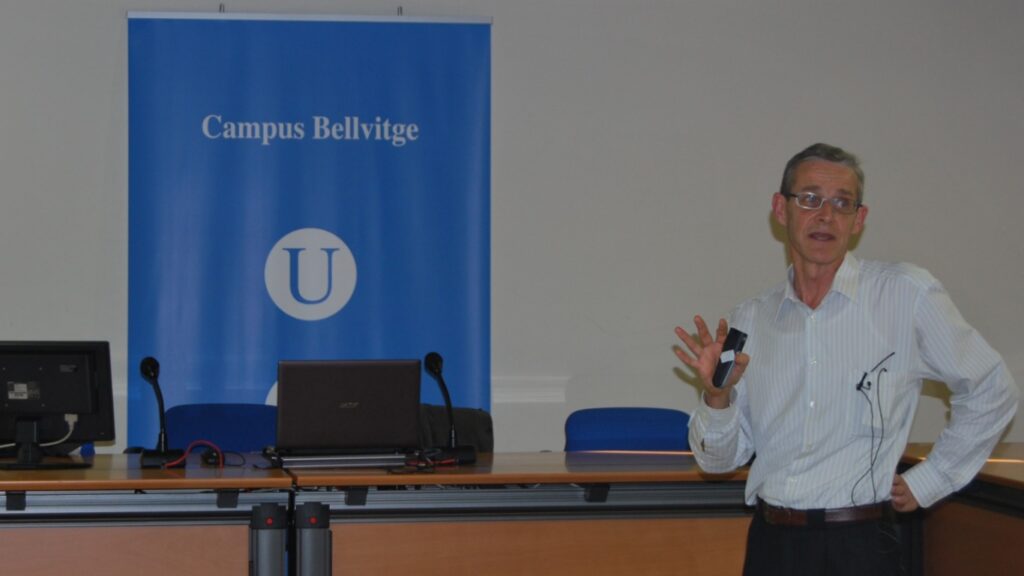Air pollution is one of the most common environmental hazards that affect up to 100% of the population from birth to death. The co-director of CREAL (Centre for Research in Environmental Epidemiology), Jordi Sunyer, explained in the seminar series IDIBELL his research in this field.
Several studies have shown that environmental exposures and nutrition during pregnancy and early life influence our development and our health. On December 2, the researcher Jordi Sunyer explained the interest of the center he heads to study three specific systems: the mental development of children, respiratory diseases related to lung development and childhood obesity.
“Right now we are focused on cohort studies from the beginning of pregnancy because we believe that what is happening in pregnancy and early life influences our development,” explained Sunyer, who is interested in air pollution and mental development. “The main goal is to understand the contribution of air pollution sources, especially traffic, on the development of pathologies and functional deficits in the cardiorespiratory system and in the brain.”
In this regard he presented the cohort that studies the effects of pollution near schools. “We know that the air in school and on the way to the school plays an important role. We want to measure the particles in these environments, the presence of metals … and see how they relate to markers of higher brain functions.
They measure changes in speed of response to stimuli, changes in the success or failure to respond to orders, working memory. “They are functional changes” Sunyer explained “that need not be associated with clinical changes but that they can have great social impact if they are related, for example, with school failure.”

